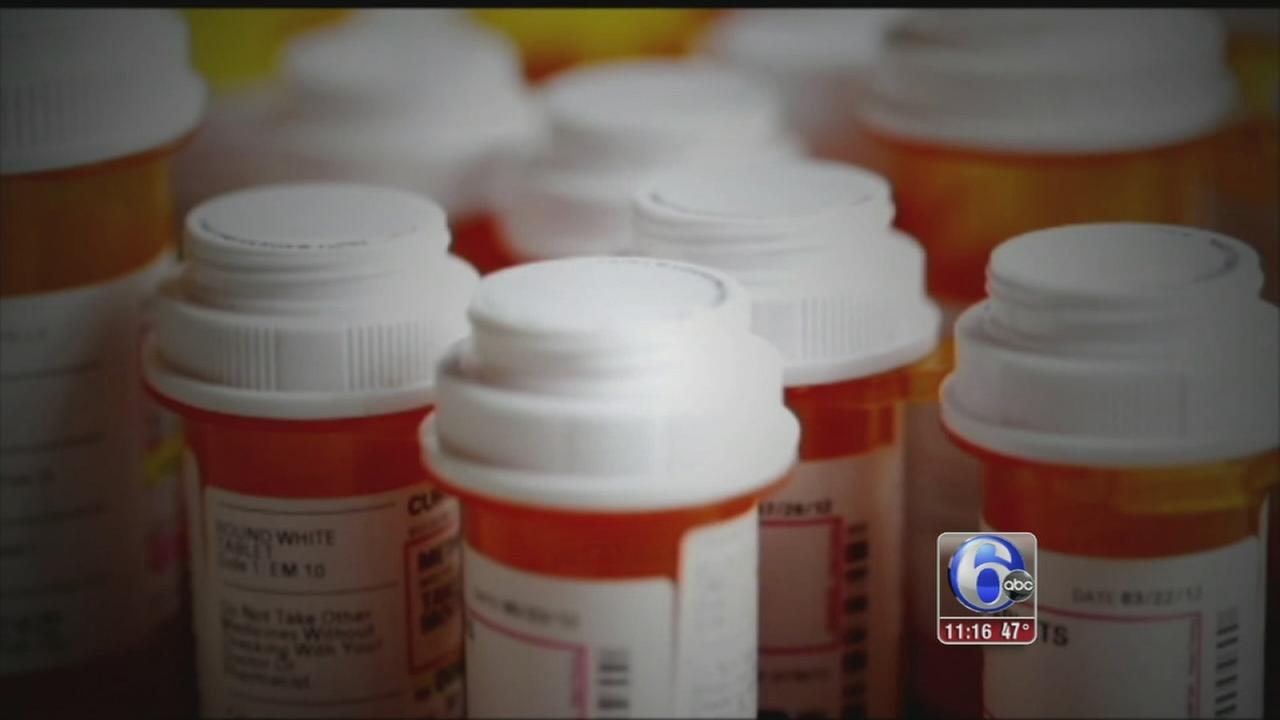This post was originally published on this site

Action News found 3 out of 4 nurses disciplined in Pennsylvania are done so for drugs or alcohol. And over the past 12 months, the number has exploded.”All narcotics are accessible to you, like easily accessible. So if there’s an inkling of addiction, it’s there. It’s easy,” said Gerry Dolan, former addict.
Gerry Dolan knows the depths of addiction.
For a decade, she couldn’t function without Ativan, an anti-anxiety medication.
At her lowest point, she was popping 20 pills a day.
“It would give me the energy. I could get through my day. I could perform my tasks,” said Dolan.
Walk into a hospital ER or ICU unit, and the odds are a nurse is fighting addiction.
Action News reviewed hundreds of disciplinary actions by the State Board of Nursing during the past 3 years.
We found 881 violations for drugs or alcohol. That’s 73 percent of all disciplinary actions by the board.
Our findings uncovered a 28 percent increase in suspensions during the past 12 months.
We found, in most cases, the drug of choice is painkillers.
The nurses were caught either because they were inebriated on the job, stole medication or were caught in a criminal act outside of work.
“It’s pretty bad right now,” said Sheila Mullen, manager at Livengrin.
Sheila Mullen is a program manager at Livengrin, a rehabilitation facility in Bensalem.
Livengrin has an addiction program strictly for nurses, the only one of its kind in the country.
She says nurses are susceptible to addiction because of the stresses of the job – long hours, and accessibility to drugs.
“The nurses are usually the front-line. The individual that most patients get to see first and they witness a lot, but they are really compassionate caretakers,” said Mullen.
Mullen estimates about a quarter of all of Livengrin’s patients are nurses.
Should people be concerned their nurse is on drugs or alcohol?
“That’s an excellent question,” said Mullen.
“I talk to people who are going into the hospital for treatment, and I say to them, ‘Watch your nurse,’ ” said Mullen.
Dolan says she began doctor shopping to feed her addiction. Then she began forging her own prescriptions.
“I knew the lingo. I knew how to call in a prescription and say I was a doctor or that doctor’s nurse. I knew what to ask for, and it worked for a long time,” said Dolan.
Until January of 2008, when Dolan says she called in a prescription to, of all places, a Walgreens at K and A in Kensington, arguably the mecca of heroin addiction in Philadelphia.
She walked in, received her Ativan, was handcuffed and arrested.
“It was the most embarrassing thing in my life. It was embarrassing. It was degrading,” said Dolan.
But now she says, also the best thing.
She’s been clean for 8 years, and is a nurse at Livengrin, where she sought treatment for her addiction.
“They don’t know, those people at Walgreens, what they did for me,” said Dolan.
Most nurses are only drug tested when hired or suspected of being high or drunk on the job or caught diverting drugs on the job.
Some leaders in the industry believe nurses should be randomly drug tested, and they say doctors as well.
(Copyright ©2016 WPVI-TV. All Rights Reserved.)
